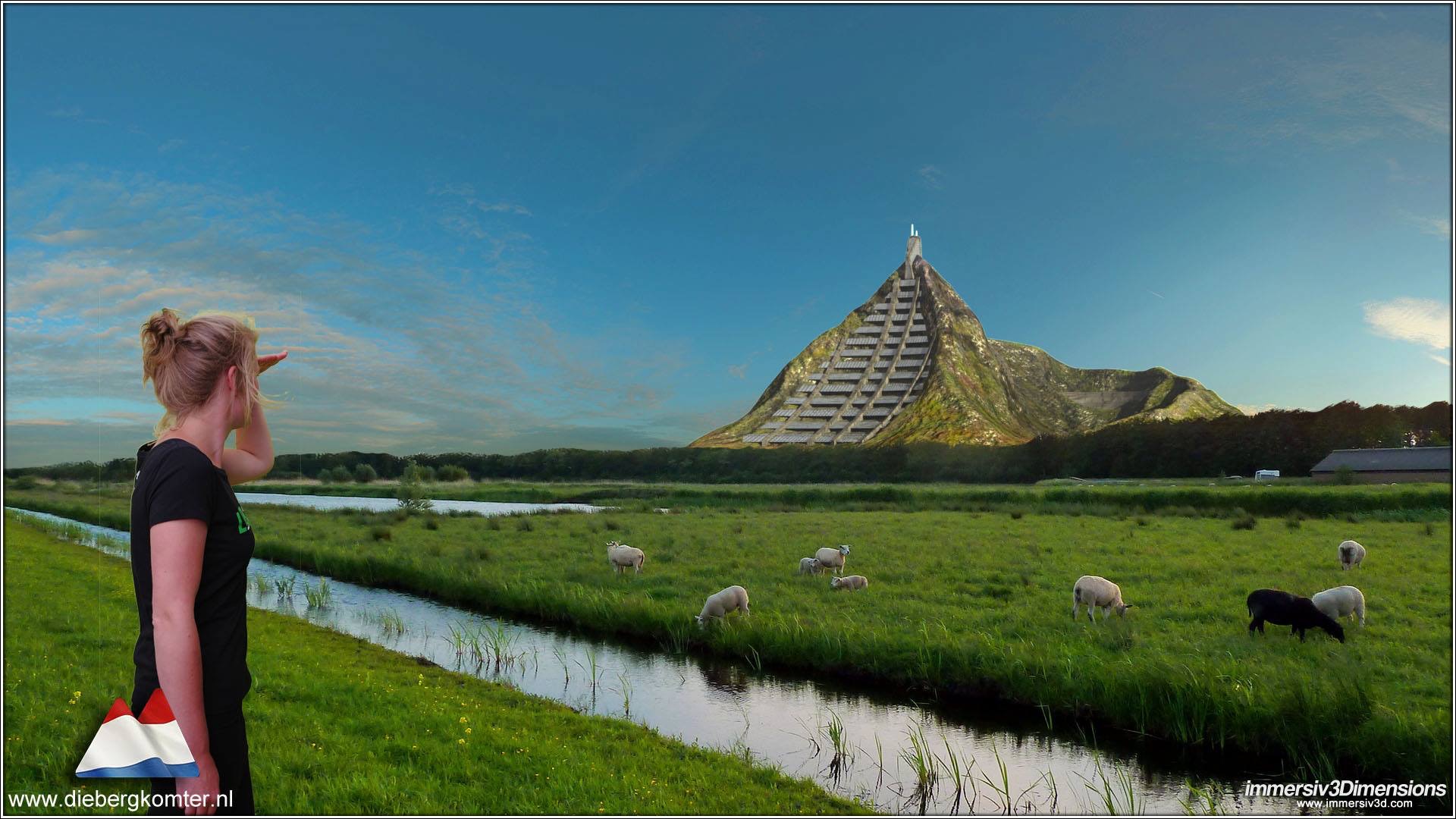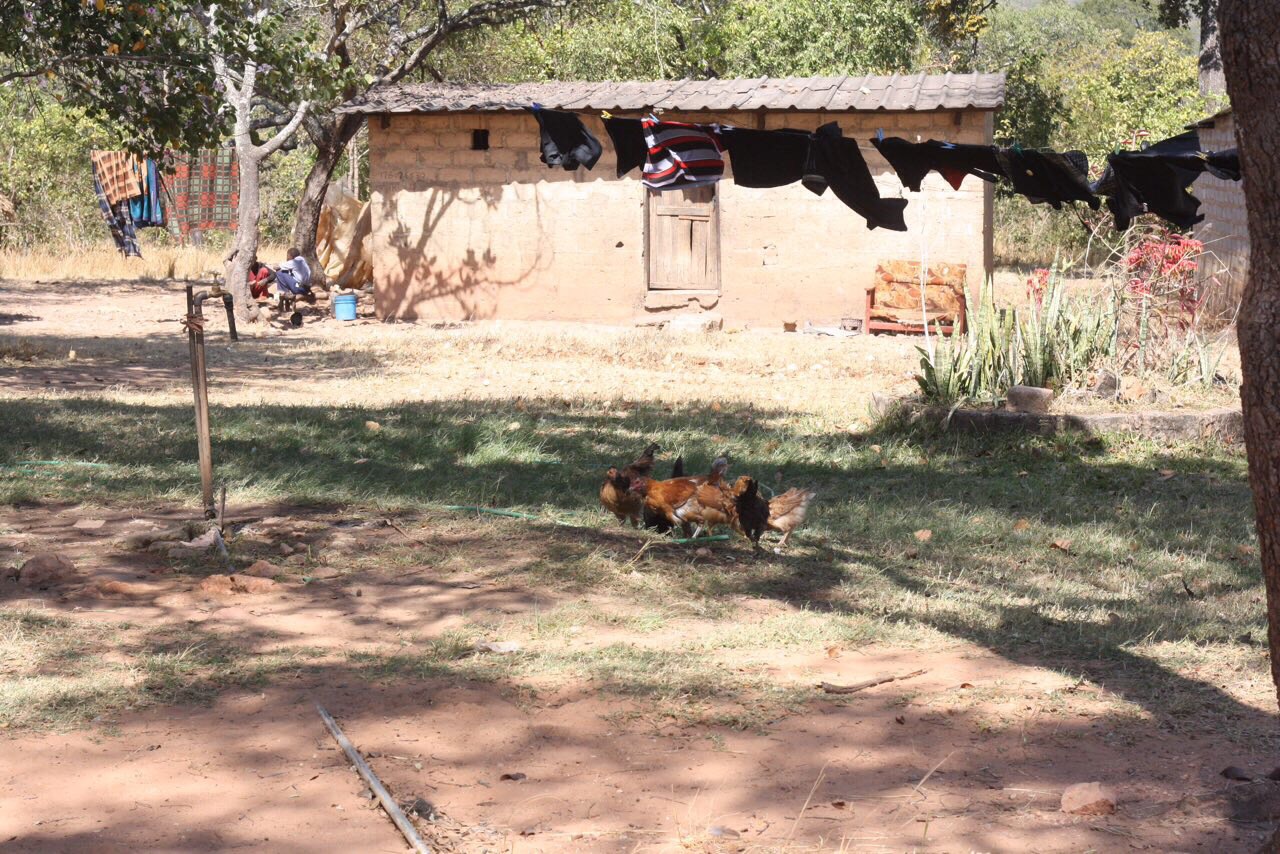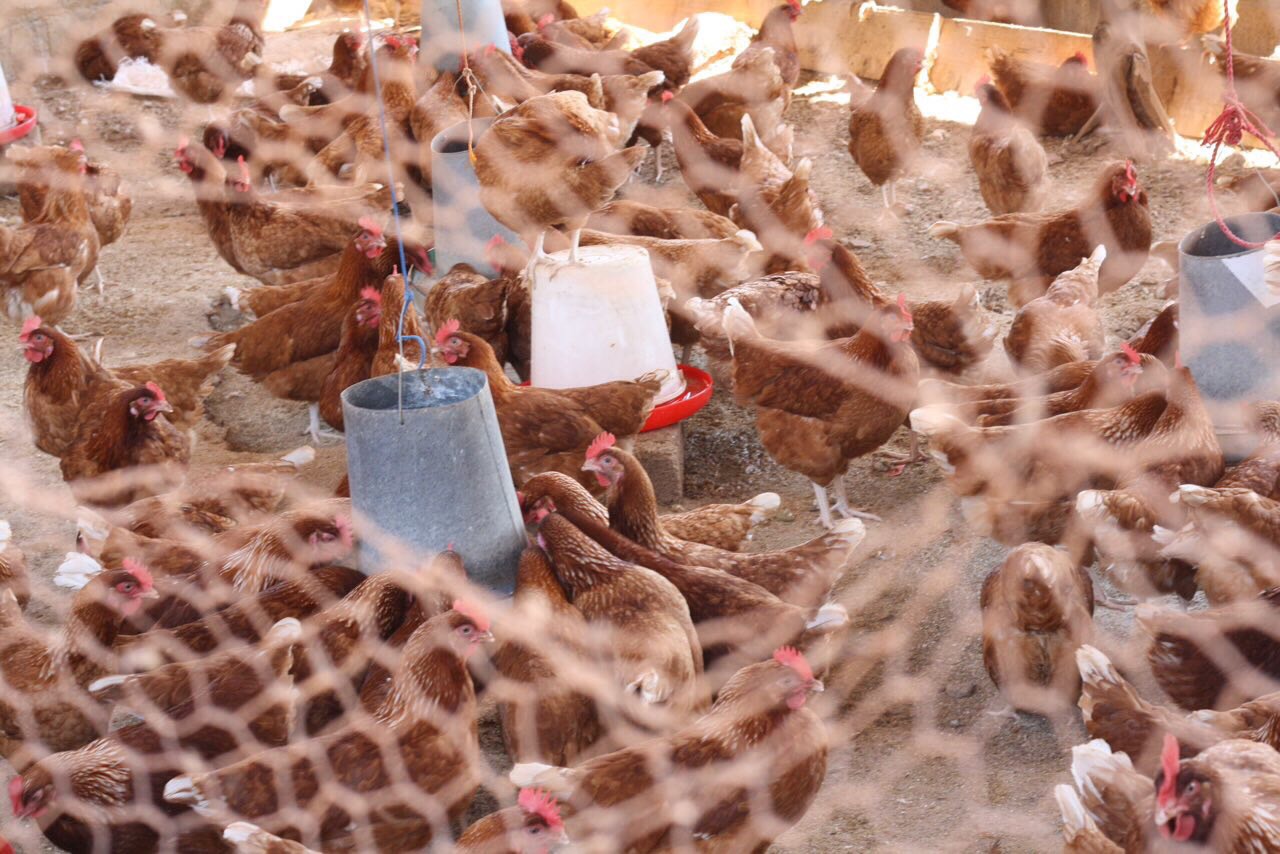Ecomodernist Manifesto | Second Thoughts
I've been thinking a lot about the ecomodernist manifesto. It keeps puzzling me.
On one side I recognize the thought-pattern, and even before reading the manifesto I acted upon it through my involvement with the Dutch Mountain, the idea to build an artificial mountain in The Netherlands that can produce water, food and energy and at the same time be a unique hotspot for sports, leisure and tourism. That project was a strong example of decoupling human well-being from environmental impact through technical solutions for the human needs. We made plans to build plant labs for growing food inside the mountain and use the artificial height for generating power. I still believe most of the ideas and concepts that were developed during this project are good and offer an alternative to our continued dependence on fossil fuels.

On the other hand I think our living together with nature is at the core of our well-being. Being close to nature is important to me and when I feel part of nature I feel best. Hiking through the Fish River Canyon for 5 days, without my smartphone, computer, or even a roof above my head, I felt strong and energetic and I was happy. It was even strange to be in a building again when we arrived to the hotel room in Ais-Ais. I was alienated from having articifial light, airconditioning and concrete walls around me and I was sad not to be able to gaze at the stars before falling asleep.
The ecomodernist manifesto acknowledges these feelings and the importance of nature to us. It proposes to preserve nature so humankind can continue to enjoy it, by finding ways to decrease or even eliminate human dependence on nature. Thus decoupling our progress from our impact on the planet.
Over the past weeks I've been imagining such a world and the image is somewhat unsettling. I can't help to think about scenes as depicted in Aldous Huxley's Brave New World. A world in which humankind is emotionally detached from nature. The natural world that surrounds us as much as human nature that's inside us. In the book this leads to an inability to love, and a social stigma on feelings. Although in Brave New World those who live closer to nature are considered to be the freaks, I believe it to be true that people need nature to remain sane. I'm sure everyone who reads Brave New World sides with the renegades in the book, rather then joining the cold and unemotional masses.
Let me illustrate this with what we've been seeing and hearing in Zambia. While in Zambia, we are amazed by how close nature is all the time. And we're happy there's often organic food for sale.
But that food is organically grown is not considered the norm. Nor is it the norm that chickens roam freely. Among Zambians it's commonly known that the so-called Village Chicken is the most tasty. A Village Chicken is a chicken that roams the village in search of it's own food, eating what it finds, going where it pleases.

Zambians all agree (at least the Zambians we've spoken to) that the Village Chicken is more tasty then the chicken you can buy in the supermarket. The chickens in the supermarket are grown in barns and are being fed industrially produced food. They never experience the freedom the Village Chicken has and they'll never taste the diversity of the food the Village Chicken tastes. So even though for many Zambians the supermarket represents wealth and progress, and they carry their Shoprite plastic bags with pride, they do know that the chicken that is sold there is less satisfying then the Village Chicken and would choose the latter if possible.
I believe our taste buds are telling us the truth, our senses know what's best for us. So, although the industrially produced supermarket-chickens are so cheap that I can eat chicken everyday, I'd rather eat a tasty and nutritious Village Chicken once a week.

This makes me wonder, why would we choose these industrially produced foods, if our own senses tell us that it's not as good as the naturally grown alternative? Why would we choose veggies that are grown in monoculture, using pesticides and artificial fertilizer when we know that organic farming, when done properly, yields as much or more per acre as what we (surprisingly enough) call conventional farming?
Considering all this, I would say we should not move away from nature to provide us with our daily needs, as the ecomodernist manifesto suggests. We should rather look more closely at natural processes to learn how we can work with nature, without harming our environment, while nourishing our bodies in the way we know is most healthy. I do agree that is a great challenge, with a rising world population, but I trust our planet can sustain all of us, if we learn to listen to what she is telling us. We need to love nature, and I trust nature will love us back.

